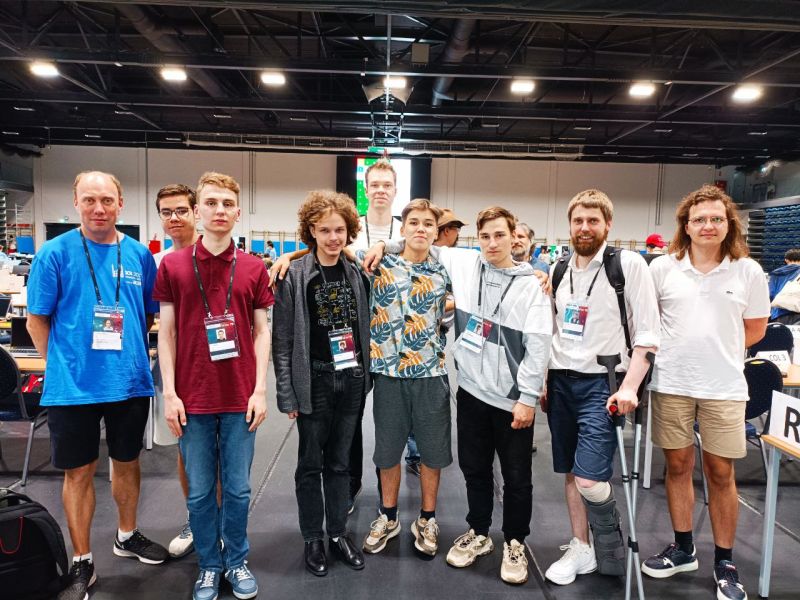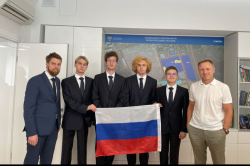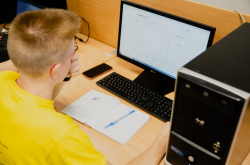The Russian team included two school students from Kazan: ninth-grader Gimran Abdullin and eleventh-grader Valeriy Rodionov; and two students from Moscow: eleventh-grader Ivan Piskarev and Anton Stepanov. All the team members passed the national selection and won the national olympiad for school students before joining the IOI 2023.
The contestants in the competition had five hours in each round – two in total – to solve and code three algorithmic problems. For example, one task had to do with writing a program to identify access cards to the safes of the Hungarian State Treasury. Another was about building software to choreograph a dance.
The students ended the IOI 2023 with four individual wins – the same result was demonstrated by the teams from China, the USA, and Japan.
“It wasn’t easy to get those four gold medals. Gimran finished the first round 45th – that wasn't enough. But he pulled himself together and aced a second round task within the first hour – and earned the gold. In our team, Anton Stepanov has the highest individual score. Like Gimran, he successfully completed the second day, scoring the maximum for a non-trivial problem – he needed to program a robot so that it could build the shortest path out of a maze without using a camera or any sensors,” shared Andrey Stankevich, the team’s coach and an associate professor at ITMO’s Information Technologies and Programming Faculty.
Started in 1989, the International Olympiad in Informatics (IOI) was hosted by Szeged, Hungary, in 2023. Last year, the Russian team earned one silver and three gold medals, repeating their 2021 performance. Earlier, the students won gold medals only four times: in 2000, 2004, 2012, and 2019. Ever since the first IOI, the Russian teams have won 75 gold, 41 silver, and 12 bronze medals, ranked second by number and levels of awards.





